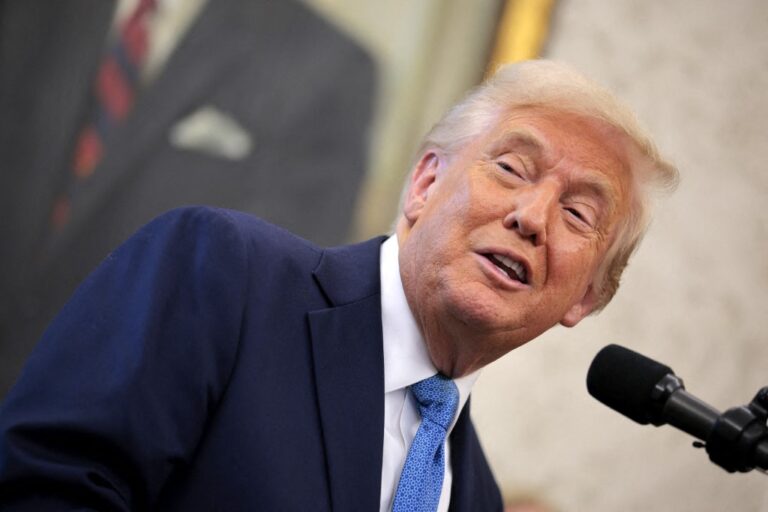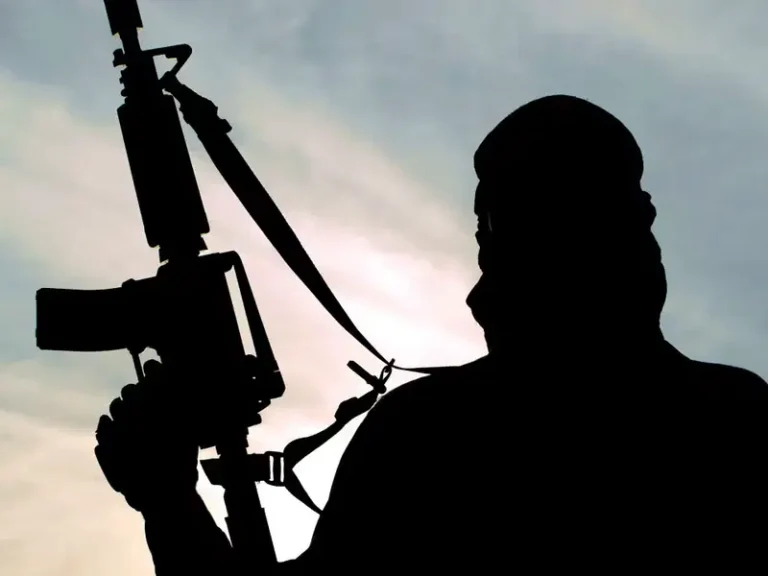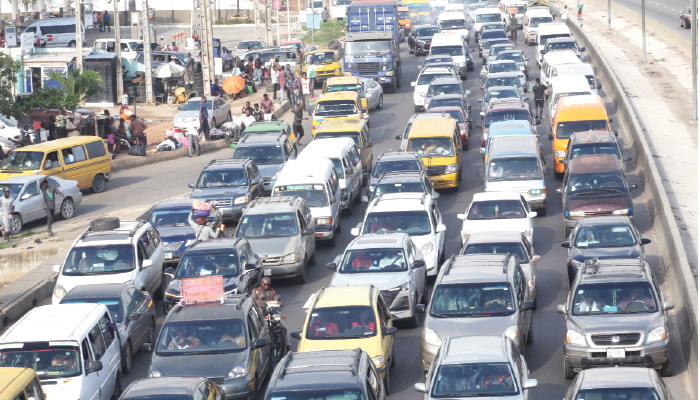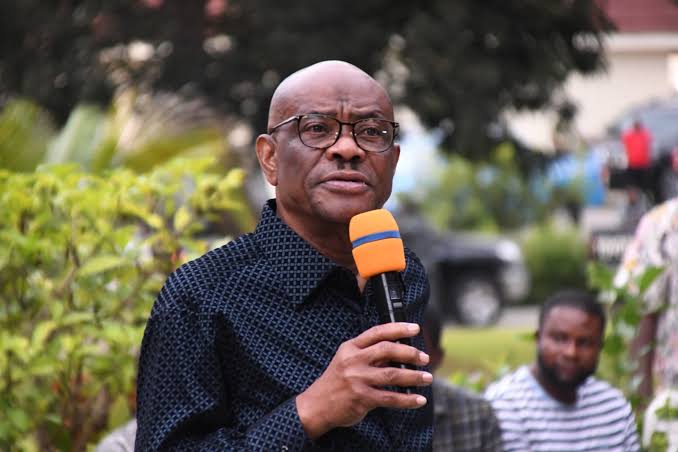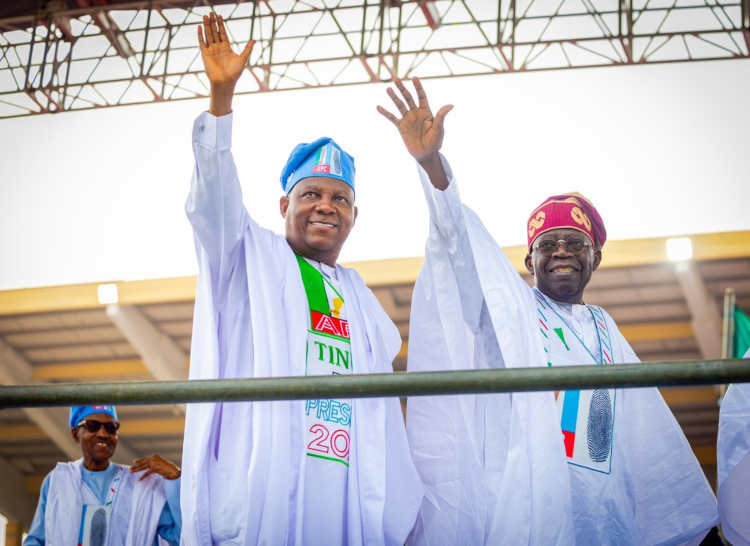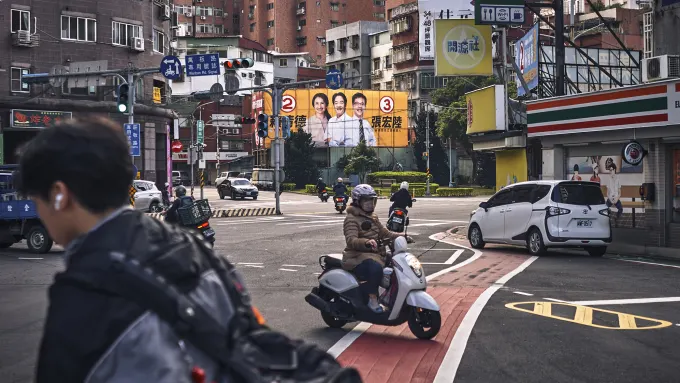
As retired Taiwanese admiral Mr. Wu looks back on his old days, he couldn’t be prouder of his decades-long service sailing around the world on a guided-missile frigate.
He once led hundreds of Taiwanese naval officers on missions thousands of miles away from home and felt a sense of honor to be representing his home nation – the Republic of China, the official name of Taiwan’s government.
“I believe I am a member of the Chinese civilization,” the navy veteran said, asking CNN not to use his full name for fears of being targeted for his views.
The issue of identity – and Taiwan’s relationship with China – has been one of the most significant political divisions on the island, and surveys show it was closely linked to voting patterns in previous elections.
But as the island democracy of 23.5 million people prepares to elect a new leader this Saturday, experts say identity could be playing less of a role in the outcome.
Wu’s loyalty to his Chinese heritage is typical of older veterans, who grew up under Taiwan’s authoritarian era, and many older generations whose families fled to Taiwan at the end of the Chinese Civil War in 1949. But studies show younger generations now overwhelmingly identify as only Taiwanese.
Traditionally, political surveys showed that people who identify themselves as only Taiwanese – but not Chinese – are more likely to support the ruling Democratic Progressive Party (DPP), which has a pro-independence leaning.
Current incumbent DPP President Tsai Ing-wen has faced frequent angry warnings from Chinese officials since coming to power eight years ago – and can’t run again due to term limits.
While many young voters supported Tsai in the last presidential election, recent opinion polls have shown that many of them are now supporting a third-party candidate: Former Taipei mayor Ko Wen-je from the Taiwan People’s Party (TPP), a party he founded five years ago.
Branding himself as a “pragmatic” choice, Ko is perhaps less ideological than the other two candidates, incumbent vice president Lai Ching-te from the DPP and New Taipei Mayor Hou Yu-ih from the Kuomintang party (KMT).
Lai has said he will follow Tsai’s policy roadmap and emphasizes that Taiwan is not subordinate to Beijing. Hou has framed the election as a choice between “war and peace,” adding that only his party can reduce the risk of war with China, whose Communist rulers claim Taiwan as part of its territory despite never having controlled it and have vowed to “reunify” with the island by force, if necessary.
Meanwhile, Ko said he will continue to build up deterrence while engaging in regular dialogue with Beijing – though he hasn’t specified how he will achieve that.
Key issues for young people in this election
CNN recently interviewed a dozen young Taiwanese in their 20s and 30s across the political spectrum to understand their voting priorities.
While almost everyone identified as Taiwanese, not Chinese, the majority told CNN they did not view China as the most important factor in this election – because they did not think the status quo will change in the short term.
“Both [DPP and KMT] are just competing on ideologies, but for me, neither independence nor unification is realistic, and our lives haven’t really improved regardless of which side was in charge,” said Charles Shen, a 34-year-old civil servant from New Taipei city.
Monica Cheng, a 28-year-old sports coach from the southern Tainan city, traditionally a stronghold for the DPP, said she was tired of arguments over political rhetoric.
We have always known Taiwan as a country, and we are Taiwanese,” she said. “But I don’t think there is any difference between the Republic of China and Taiwan, and I think any debate over this only leads to greater political division.”
Some young Taiwanese voters told CNN they believe the ongoing debate about Taiwan’s future is ideological because the only feasible option is to maintain the current status quo – an arrangement under which Taiwan remains self-ruled, with its ultimate status undetermined.

